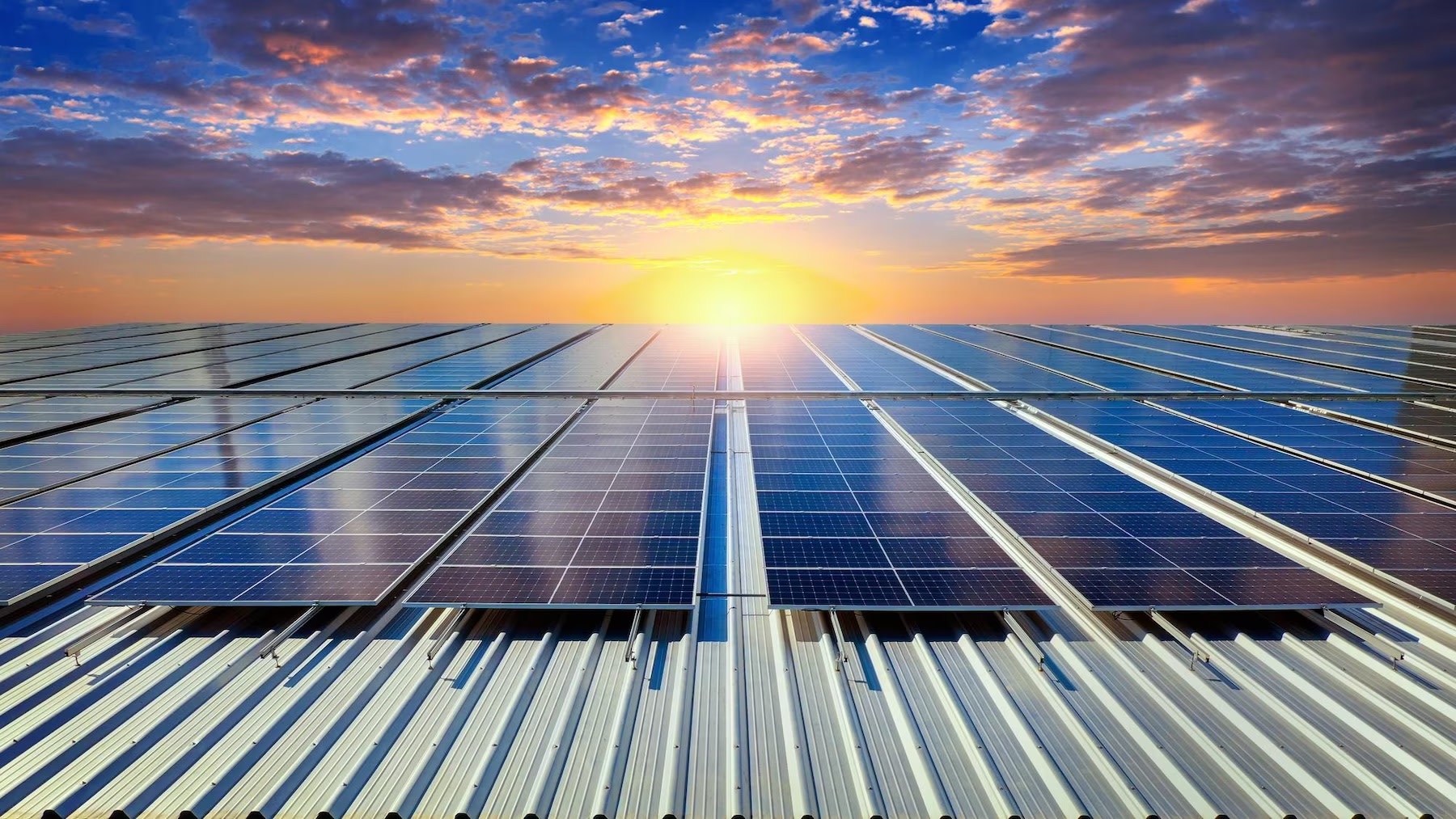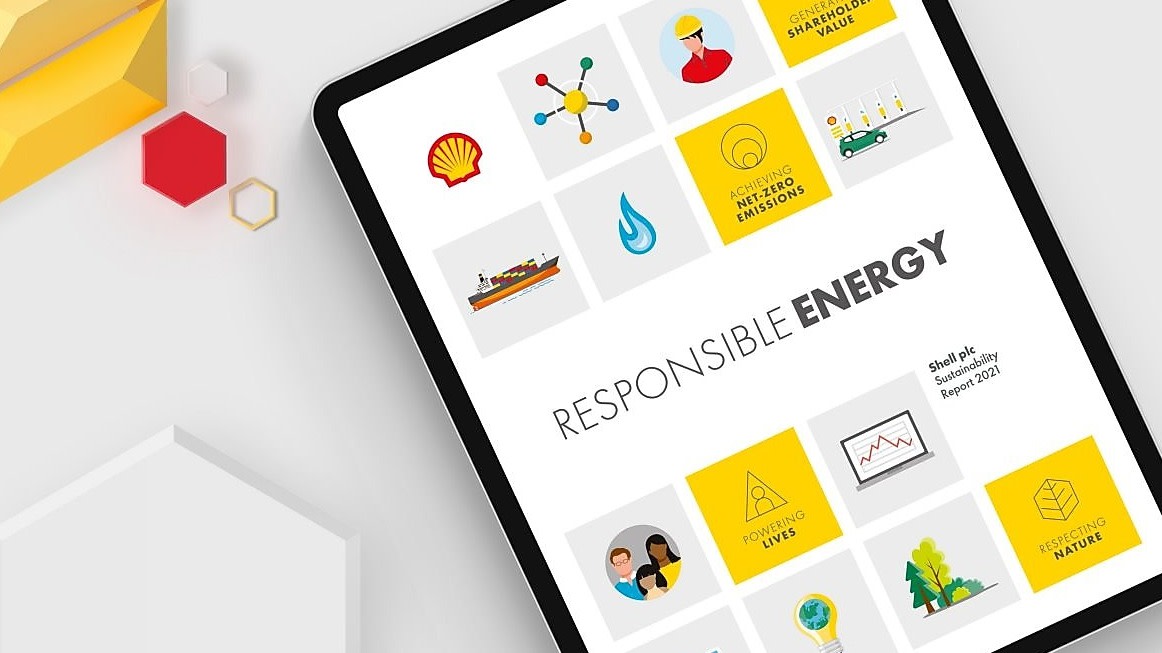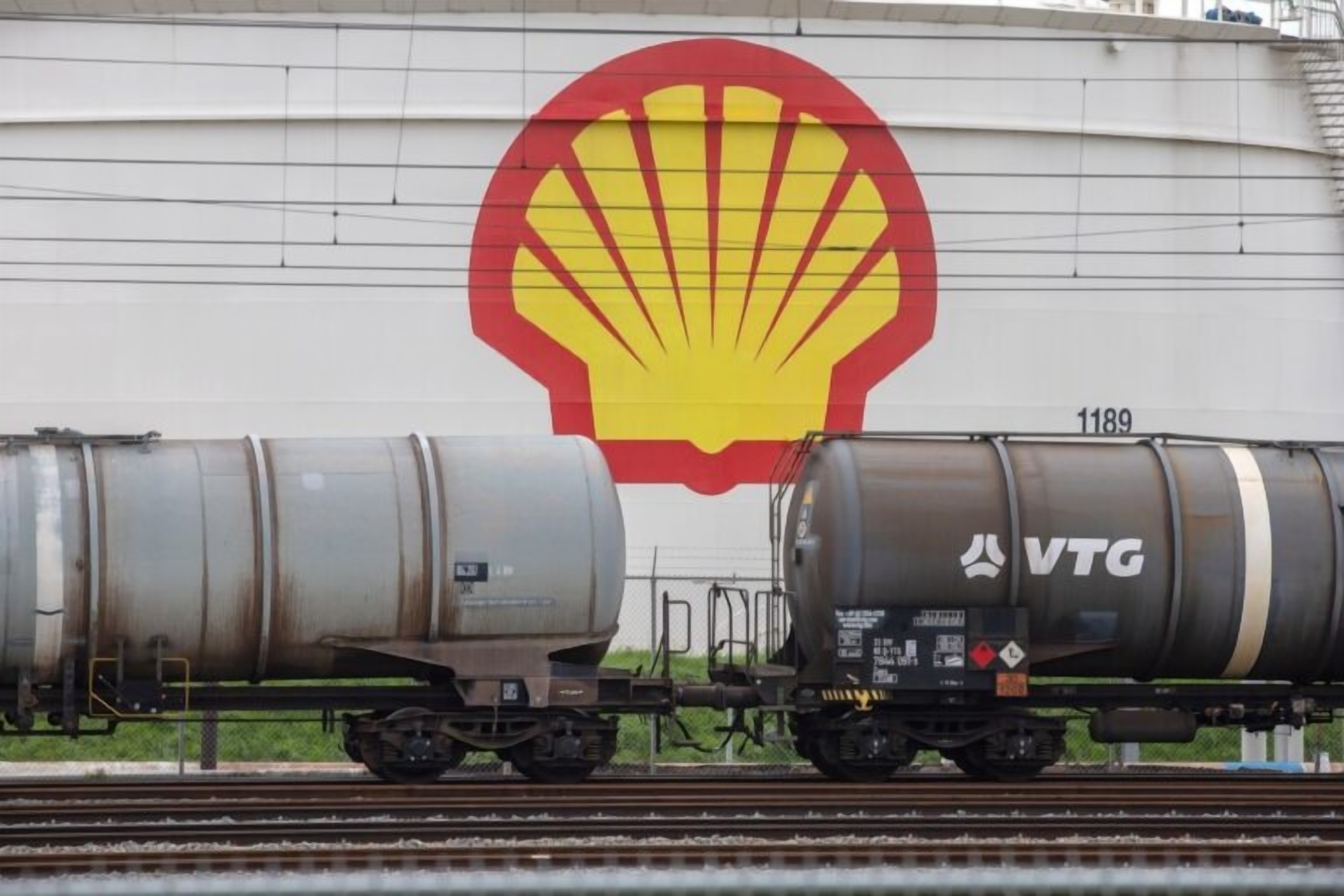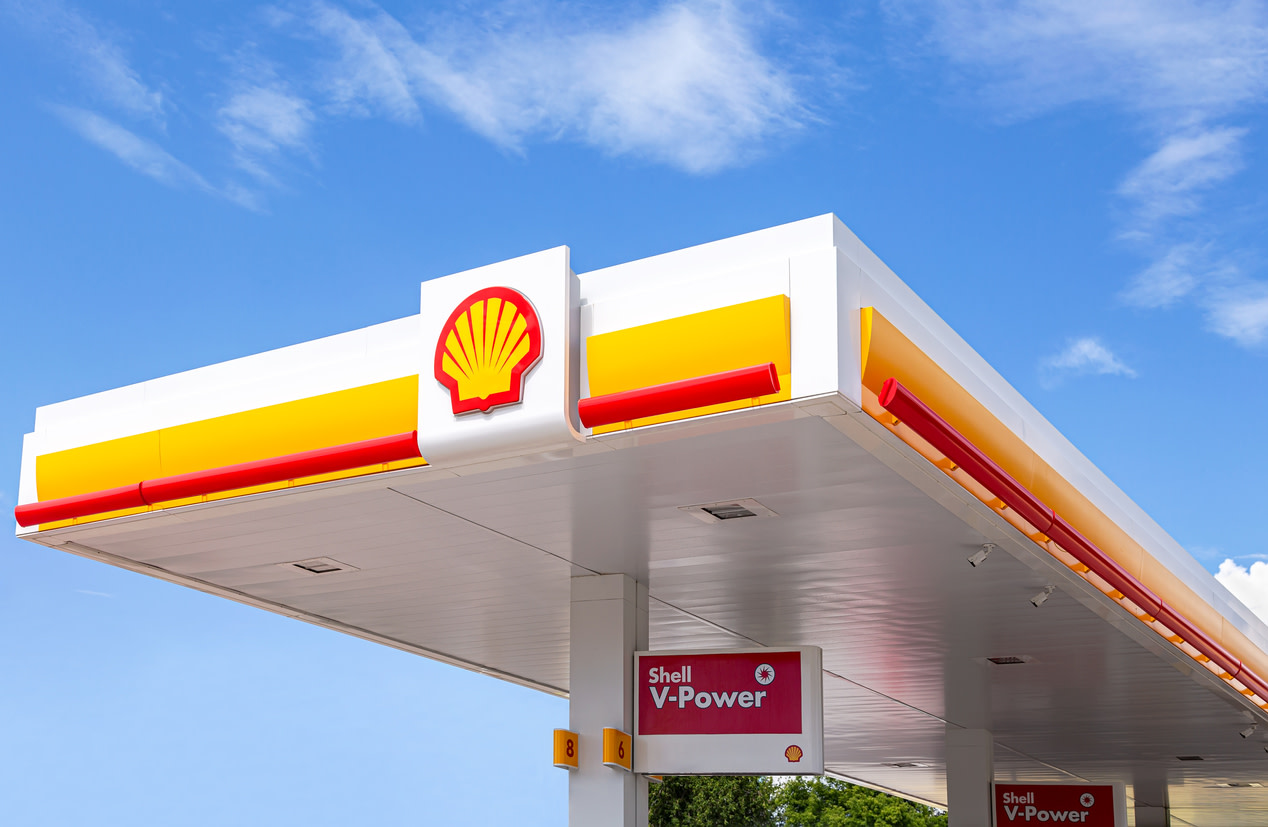The Real Reason Clean Energy Transitions Are Taking So Long
Shell plc

With the United Nations warning about climate change impacting biodiversity, the environment, food, water, and health-care systems, these same announcements coincide with solutions that will dramatically improve the situation: clean and renewable energy.
It’s heartwarming and hopeful to see that the solution is obvious and can be worked on little by little. However, the path to get there is long and arduous, and there are several complications along the way. Beginning with solar and wind options, some places struggle to have a lot of sun or wind. Even with that resolved, there is also the problem of energy storage.
But probably the biggest problem that is being faced with the energy transition is money.
Featured Article: What Are The Main Greenwashing Tactics Companies Use?
There Isn’t Enough Coming In
When you consider looking at the money problem in isolation, you see it has multiple layers. Similar to the energy problem and energy storage, money issues have deeper layers. The first is the fact that not enough money is being put into them.
All industries and businesses need money in order to function, and when it’s lacking, things screech to a halt. A prime example of this concept at work is the 2008 financial crisis. Currently, other countries are running into a similar problem with this transition process.
According to the International Energy Agency, even with governments pushing for clean energy transitions, none have even reached the halfway mark of the estimated US$5 trillion annually that the IEA estimates is needed to avoid the worst.
Featured Article: What Is Going On With ESG In America?
Hobby Lobby
The other wrinkle to not having enough money invested in clean energy has a lot to do with the fact that governments are subsidizing oil and gas. Why they do this comes down to lobbying efforts by those same corporations.
In the US alone, it's common for major brands to spend at least US$200 million per year to sway the government away from harsher regulations and restrictions. As a result, even if brands like Shell, BP, ExxonMobil, and Chevron put out yearly sustainable reports and are “enabling human progress”, the fact they are still lobbying behind closed doors makes it clear what their intentions actually are.
Featured Article: ESG Ratings, Trust, and Greenwashing
ESG Still A Work In Progress
Another aspect of this whole problem is the fact that ESG, despite being decades old at this point, is still relatively new. It hasn’t garnered much public attention until recently, and even with it being a viable solution, the actions it can encourage can still be clunky. Combined with these other elements above, this can add further complications to the matter.
Some examples of clunkiness can amount to ESG scores not digging much into company actions - like the fact that big oil companies have major governance issues. Or the lack of accountability for companies that greenwash or violate their ethical commitments in most countries.
Even though we recognize ESG is a work in progress and those issues will be addressed eventually, the problem still stands that elements like lack of funding and lobbying can delay or regress change and progress.
Featured Article: 4 Reasons The Iberdrola And Trammo Green Ammonia Deal Is Big
Putting The Pressure On
It’s not just governments that need to be pressured to take action on these issues, it's corporations and individuals as well. ESG has thrived off the efforts of having a compelling message and iterating on it again and again. People clearly resonate with these values.
If we are to embrace that, the effort must extend beyond investing ethically to also consuming ethically. If we’re to avoid climate disaster, this act alone can make a difference in stirring change.
How are companies really performing in their sustainability obligations? Progress or greenwash? Keep track of performance via ESG Ratings and published reports here.






